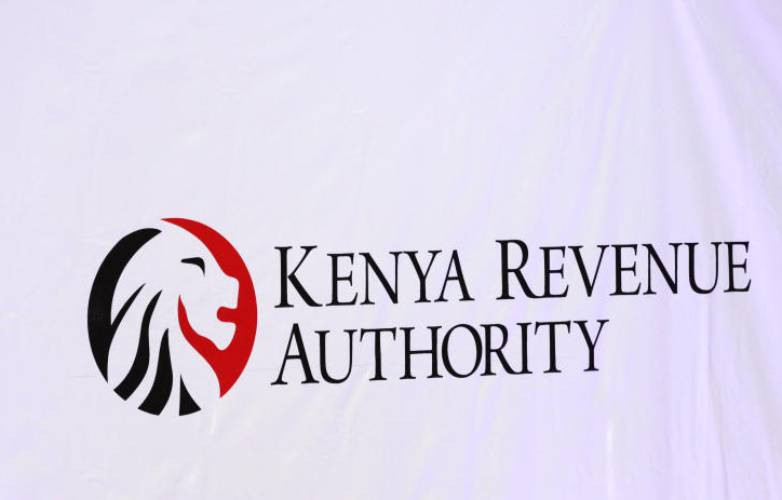Taxes collected from workers in the three months to June declined by Sh23 billion compared to a similar period last year, significantly denting the government’s efforts to meet revenue targets amid the Covid-19 pandemic.
Latest data from the National Treasury indicates Kenya Revenue Authority (KRA) collected Sh88.6 billion in pay-as-you-earn (PAYE) tax between April and June compared to Sh111.6 billion that it managed to get in the same period last year.
Since the country registered its first case of Covid-19 in mid March, many businesses have been forced to downsize following stringent containment measures to curb the spread of the viral disease.
KRA Commissioner General Githii Mburu said PAYE tax grew by a slower rate of two per cent in the 2019-20 financial year, a drop from an average growth of 20.6 per cent recorded between July 2019 and February 2020.
“The slow growth was driven by decline in employment rate in the fourth quarter emanating from measures taken by mainly private firms to reduce operating costs,” said Mr Mburu in a year that saw the taxman collect Sh1.6 trillion.
"The tax head was also majorly affected by the reduction of the top PAYE rate from 30 per cent to 25 per cent and a 100 per cent tax relief for persons earning below Sh24,000 per month.”
Total PAYE collection during the financial year was Sh393.4 billion against Treasury’s target of Sh403.3 billion, with much of the slag in performance coming from the fourth quarter when the country was grappling with the pandemic.
Most of the sectors that have been impacted include hospitality, aviation, transport, real estate and trade, which have been forced to lay off workers, a situation that saw the taxman collect less taxes.
Most hotels, nightclubs, pubs and other entertainment joints as well as schools remained closed for the better part of the period under review, with most of them either firing workers or sending them on unpaid leave in compliance with strict social distancing rules.
As a result of the economic turmoil, a lot of borrowers have rushed to their banks to have their loans restructured, with data from Central Bank of Kenya (CBK) showing that lenders rescheduled personal loans valued at Sh101 billion by end of July.
In total, the loans restructured, their original terms such as interest rates or repayment dates, amounted to Sh844 billion.
Income tax from workers and companies, as well as value-added tax might have underperformed following tax relief measures that President Uhuru Kenyatta implemented to cushion Kenyans against the crippling effects of the pandemic.
Low-income workers who earn less than Sh24,000 saw their PAYE waived while the rest of the workers saw their maximum income tax cut by five percentage points to 25 per cent.
Corporate income tax was also reduced from 30 to 25 per cent.
[email protected]
Stay informed. Subscribe to our newsletter
 The Standard Group Plc is a
multi-media organization with investments in media platforms spanning newspaper
print operations, television, radio broadcasting, digital and online services. The
Standard Group is recognized as a leading multi-media house in Kenya with a key
influence in matters of national and international interest.
The Standard Group Plc is a
multi-media organization with investments in media platforms spanning newspaper
print operations, television, radio broadcasting, digital and online services. The
Standard Group is recognized as a leading multi-media house in Kenya with a key
influence in matters of national and international interest.
 The Standard Group Plc is a
multi-media organization with investments in media platforms spanning newspaper
print operations, television, radio broadcasting, digital and online services. The
Standard Group is recognized as a leading multi-media house in Kenya with a key
influence in matters of national and international interest.
The Standard Group Plc is a
multi-media organization with investments in media platforms spanning newspaper
print operations, television, radio broadcasting, digital and online services. The
Standard Group is recognized as a leading multi-media house in Kenya with a key
influence in matters of national and international interest.







